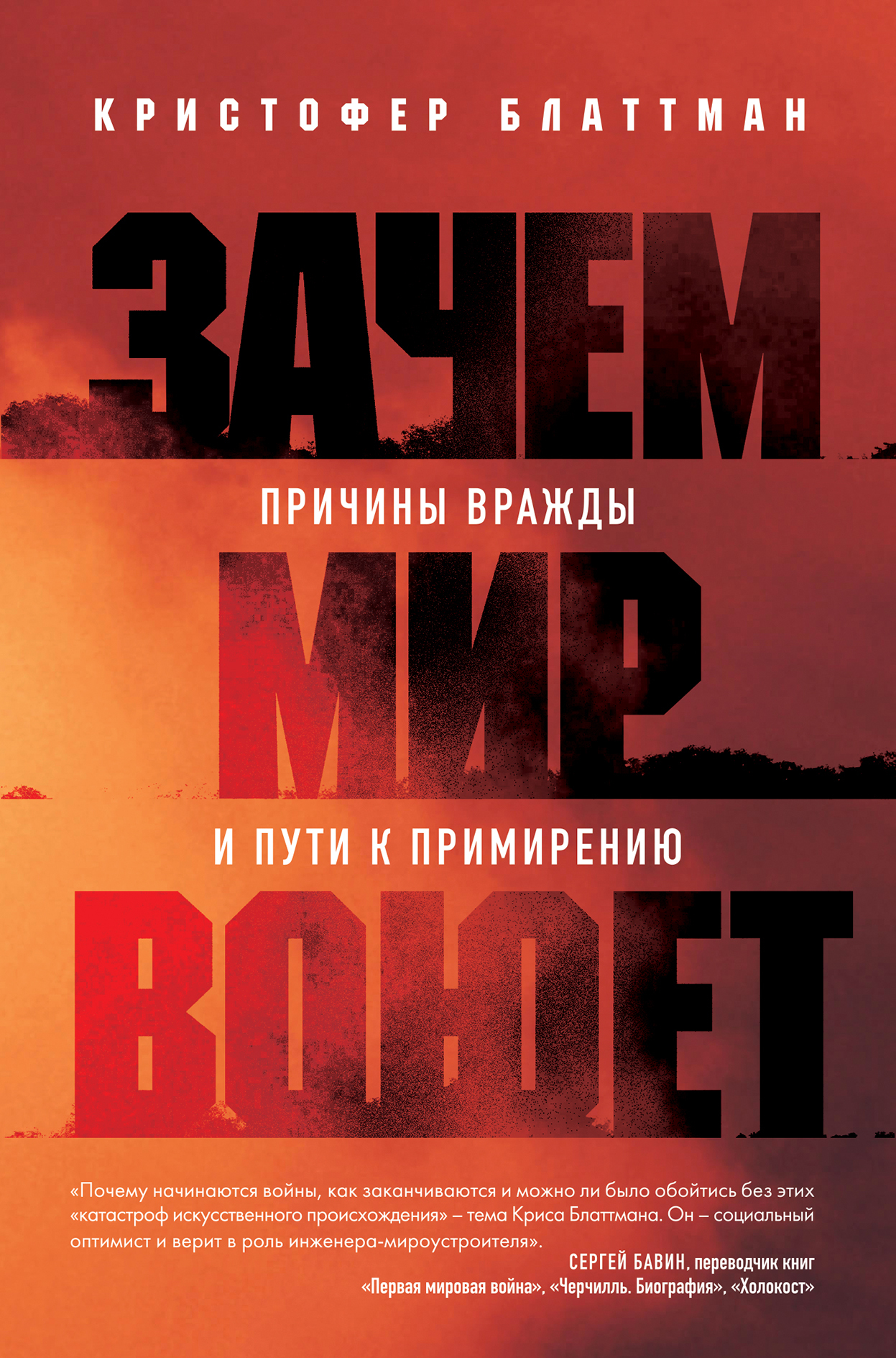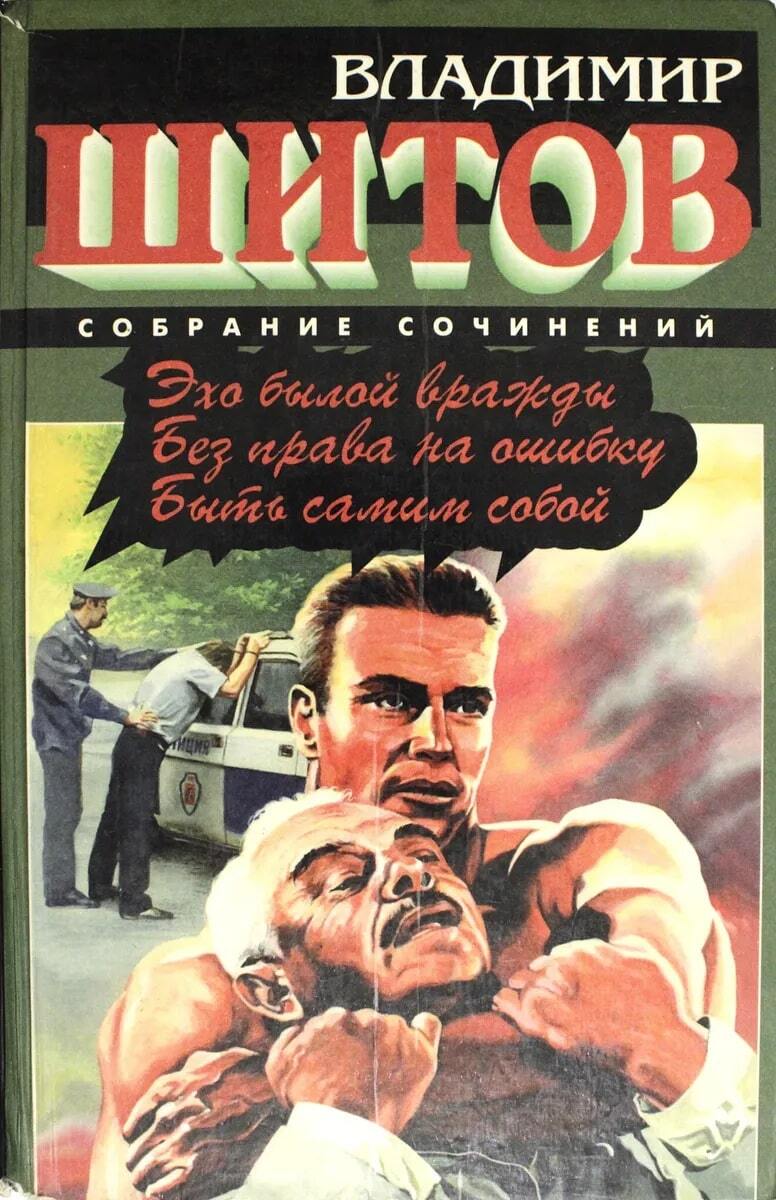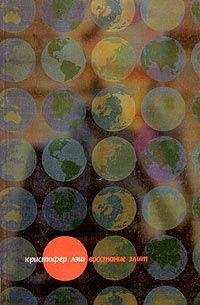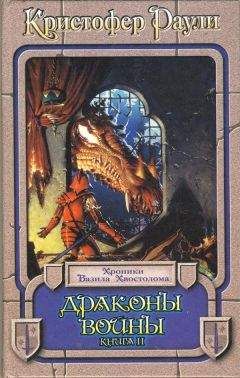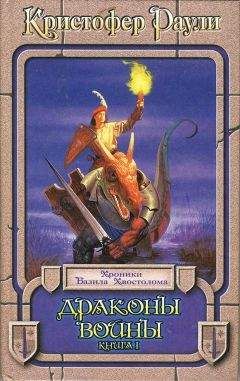1495–1918.” American Economic Journal: Applied Economics 13 (3): 102–133.
Berge, Lars Ivar Oppedal, Kjetil Bjorvatn, Simon Galle, Edward Miguel, Daniel N. Posner, Bertil Tungodden, and Kelly Zhang. 2020. “Ethnically Biased? Experimental Evidence from Kenya.” Journal of the European Economic Association 18 (1): 134–164,
Berkowitz, Leonard, 1993. Aggression: Its Causes, Consequences, and Control. New York: McGraw-Hill.
Berman, Eli, and David A. Lake, eds. 2019. Proxy Wars: Suppressing Violence through Local Agents. Ithaca: Cornell University Press.
Berman, Nicolas, and Mathieu Couttenier. 2015. “External Shocks, Internal Shots: The Geography of Civil Conflicts.” Review of Economics and Statistics 97 (4): 758–776.
Bertrand, Marianne. 2009. “CEOs.” Annual Review of Economics 1 (1): 121–150.
Bertrand, Marianne, Monica Bhatt, Christopher Blattman, Sara B. Heller, and Max Kapustin, 2022. "Predicting and Preventing Gun Violence: Experimental Results from READI Chicago.” Working paper.
Besley, Timothy, and Torsten Persson. 2009. “The Origins of State Capacity: Property Rights, Taxation, and Politics.” American Economic Review 99 (4): 1218–1244.
Betts, Richard K. 1978. “Analysis, War, and Decision: Why Intelligence Failures Are Inevitable.” World Politics: A Quarterly Journal of International Relations 31 (1): 61–89.
Bidwell, Kelly, Katherine Casey, and Rachel Glennerster. 2020. “Debates: Voting and Expenditure Responses to Political Communication,” Journal of Political Economy 128 (8): 2880–2924.
Biersteker, Thomas. 2019. “Understanding Effectiveness of International Sanctions." MGIMO Review of International Relations 3 (66): 7-16.
Bigio, Jamille, and Rachel Vogelstein. 2016. How Women’s Participation in Conflict Prevention and Resolution Advances U.S, Interests. Council on Foreign Relations.
Blainey, Geoffrey. 1973. The Causes of War, London: Macmillan.
Blair, Graeme, Darin Christensen, and Aaron Rudkin. 2021. “Do Commodity Price Shocks Cause Armed Conflict? A Meta-analysis of Natural Experiments.” American Political Science Review, 115 (2): 709–716.
Blair, Robert A. 2020. Peacekeeping, Policing, and the Rule of Law after Civil War. Cambridge: Cambridge University Press.
–, 2021. “UN Peacekeeping and the Rule of Law.” American Political Science Review 115 (1): 51–68.
Blakeslee, David S. 2018. “The Rath Yatra Effect: Hindu Nationalist Propaganda and the Rise of the BJP.” Working paper.
Blattman, Christopher. 2009. “From Violence to Voting: War and Political Participation in Uganda.” American Political Science Review 103 (2): 231–247.
–. 2011, “Post-Conflict Recovery in Africa: The Micro Level.” In The Oxford Companion to the Economics of Africa, edited by Ernest Aryeetey, Shantayanan Devarajan, Ravi Kanbur, and Louis Kasekende, 124–130. Oxford: Oxford University Press.
Blattman, Christopher, and Jeannie Annan. 2016. “Can Employment Reduce Lawlessness and Rebellion? A Field Experiment with High-Risk Men in a Fragile State.” American Political Science Review 110 (1): 1-17.
Blattman, Christopher, Gustavo Duncan, Benjamin Lessing, and Santiago Tobon. 2021a, “Gang Rule: Understanding and Countering Criminal Governance.” Working paper,
–. 2021b. "Gangs of Medellin: How Organized Crime Is Organized,” Working paper.
Blattman, Christopher, Donald Green, Daniel Ortega, and Santiago Tobon. 2021. “PlaceBased Interventions at Scale: The Direct and Spillover Effects of Policing and City Services on Crime.” National Bureau of Economic Research, Working Paper 23941.
Blattman, Christopher, Alexandra C. Hartman, and Robert A. Blair, 2014. “How to Promote Order and Property Rights under Weak Rule of Law? An Experiment in Changing Dispute Resolution Behavior through Community Education.” American Political Science Review 108 (1): 100–120.
Blattman, Christopher, Jason Hwang, and Jeffrey G. Williamson. 2007. “Winners and Losers in the Commodity Lottery: The Impact of Terms of Trade Growth and Volatility in the Periphery 1870–1939.” Journal of Development Economics 82: 156–179.
Blattman, Christopher, Julian C. Jamison, and Margaret Sheridan. 2017. “Reducing Crime and Violence: Experimental Evidence from Cognitive Behavioral Therapy in Liberia,” American Economic Review 107 (4): 1165–1206.
Blattman, Christopher, Horacio Larreguy, Benjamin Marx, and Otis Reid. 2018, “A Market Equilibrium Approach to Reduce the Incidence of Vote-Buying: Evidence from Uganda.” Working paper.
Blattman, Christopher, and Edward Miguel. 2010. “Civil War.” Journal of Economic Literature 48 (1): 3-57.
Blouin, Arthur, and Sharun W. Mukand. 2018. “Erasing Ethnicity? Propaganda, Nation Building and Identity in Rwanda,” Journal of Political Economy 127 (3): 1008–1062.
Blount, Sally. 1995. “When Social Outcomes Aren’t Fair: The Effect of Causal Attributions on Preferences.” Organizational Behavior and Human Decision Processes 63 (2): 131–144,
Blum, Jurgen Rene, and Daniel Rogger. 2020. “Public Service Reform in PostConflict Societies,” World Bank Research Observer 36 (2): 260–287.
Boix, Carles, and Milan W. Svolik. 2013. “The Foundations of Limited Authoritarian Government: Institutions, Commitment, and Power-Sharing in Dictatorships,” Journal of Politics 75 (2): 300–316.
Borzel, Tanja A., and Sonja Grimm. 2018. “Building Good (Enough) Governance in Postconflict Societies & Areas of Limited Statehood: The European Union & the Western Balkans.” Daedalus 147 (1): 116–127.
Bowles, Samuel, and Herbert Gintis. 2004. “The Evolution of Strong Reciprocity: Cooperation in Heterogeneous Populations.” Theoretical Population Biology 65 (1): 17–28.
–. 2013. A Cooperative Species: Human Reciprocity and Its Evolution. Princeton: Princeton University Press,
Boyd, Robert, Herbert Gintis, Samuel Bowles, and Peter J. Richerson. 2003. “The Evolution of Altruistic Punishment.” Proceedings of the National Academy of Sciences of the United States of America 100 (6): 3531–3535.
Braga, Anthony A., David Weisburd, and Brandon Turchan. 2018. “Focused Deterrence Strategies and Crime Control: An Updated Systematic Review and Metaanalysis of the Empirical Evidence.” Criminology & Public Policy 17 (1): 205–250.
Braga, Anthony A., Brandon C. Welsh, and Cory Schnell. 2015. “Can Policing Disorder Reduce Crime? A Systematic Review and Meta-analysis.” Journal of Research in Crime and Delinquency 52 (4): 567–588.
Braga, Anthony, Andrew V. Papachristos, and David M. Hurreau. 2012, “An Ex Post Facto Evaluation Framework for Place-Based Police Interventions.” Evaluation Review 35 (6): 592–626.
Brantingham, P. Jeffrey, Baichuan Yuan, Nick Sundback, Frederick P. Schoenberg, Andrea L. Bertozzi, Joshua Gordon, Jorja Leap, Kristine Chan, Molly Kraus, Sean Malinowski, and Denise Herz. 2018. “Does Violence Interruption Work?” Working paper.
Brass, Paul R. 1997. Theft of an Idol: Text and Context in the Representation of Collective Violence. Princeton: Princeton University Press.
Braumoeller, Bear F. 2019. Only the Dead: The Persistence of War in the Modern Age. Oxford: Oxford University Press.
Braut-Hegghammer, Malfrid. 2020. "Cheater’s Dilemma: Iraq, Weapons of Mass Destruction, and the Path to War.” International Security 45 (1); 51–89.
Brito, Dagobert L., and Michael D. Intriligator. 1985. “Conflict, War, and Redistribution.” American Political
